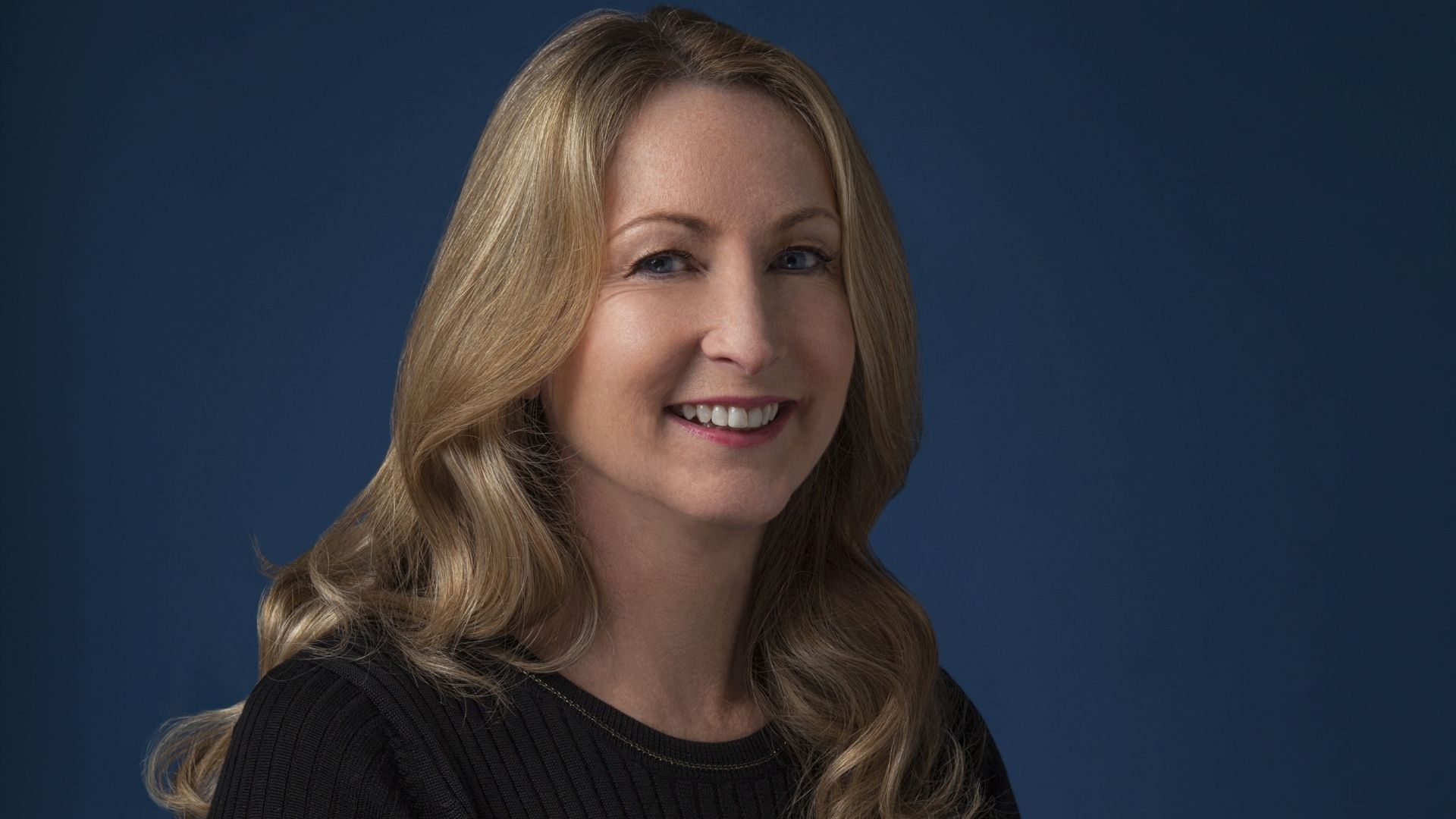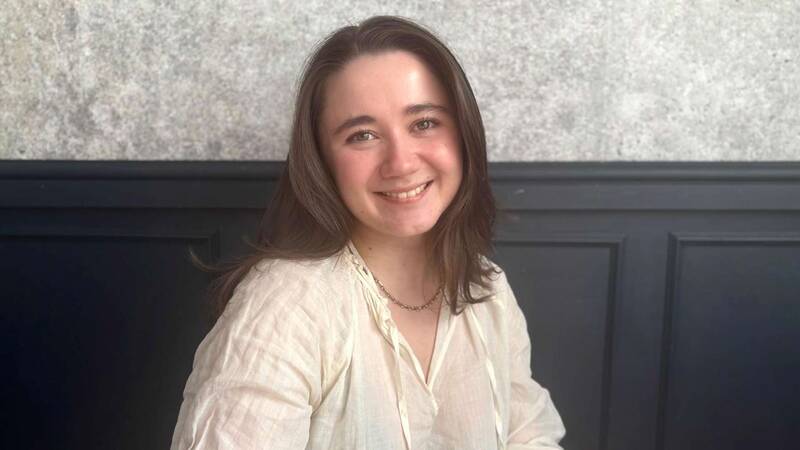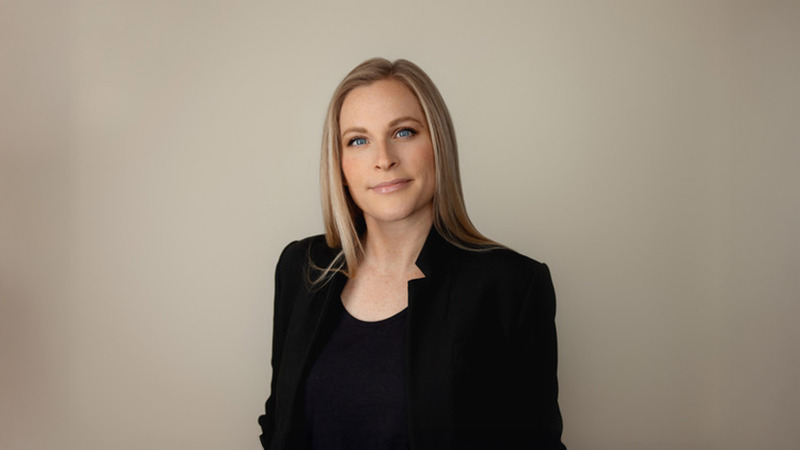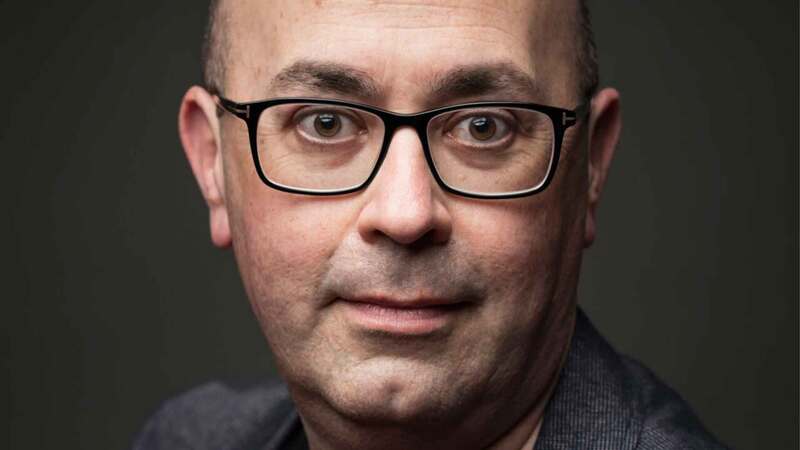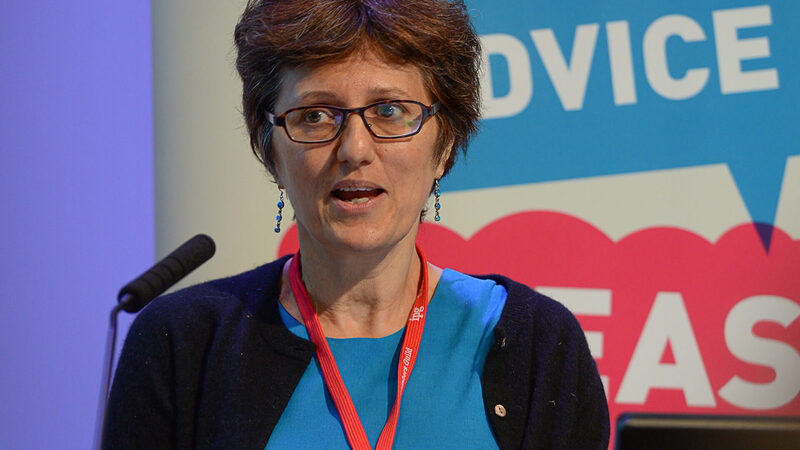You are viewing your 1 free article this month. Login to read more articles.
Median earnings for authors now just £7,000, according to new report from ALCS
Median earnings from writing alone are now just £7,000, according to a new report into authors’ earnings commissioned by The Authors’ Licensing & Collecting Society (ALCS).
The report highlights a profession “often reliant on writers’ willingness to work for modest rewards, incentivised primarily by their love of the job and reliant on financial support from other sources of income”.
The research, conducted by the CREATe Centre at the University of Glasgow, asked for information for the tax years 2019/20 (pre-Covid) and 2020/21 (Covid affected) and was sent to approximately 60,000 authors. In total 2,759 responses were received.
The report showed a sustained fall in professional writers’ real terms income from writing over the past 15 years of around 60%, pushing median earnings down to minimum wage levels. It charted a decline in median (typical) earnings from self-employed writing among primary occupation authors of 38.2% (in real terms) since the last survey in 2018 from £11,329 to £7,000.
It also revealed a rapid decline in the number of full-time professional authors from 40% of those surveyed in 2006, to 28% in 2018, and now 19% as of 2022.
The gender gap is expanding, with men typically earning 41% more than women (as against 33% in 2016/17). Pay for Black and multi-heritage authors is 51% (in real terms) lower than for their white counterparts.
The survey also showed that the top 10% of authors earn about 47% of the total income of the population. Yet, despite these flaws, the report highlighted the “vital contribution” the writing profession makes to the continued health of the UK’s creative industries which, with an estimated gross value added (GVA) in excess of £100bn, remains a resilient part of the economy capable of delivering future growth.
The report showed a shift in contractual arrangements and the way that business is done across both audiovisual and publishing, raising a specific query regarding writers’ returns from the booming streaming industry. It also tracks the sustained, long-term fall in writers’ earnings, against the fundamental changes in the way that their works are distributed, shared and consumed, changes which have enabled market entrants to garner significant profits.
Advances are becoming rarer, with almost half of all authors never having received any such payment. Buyout contracts, by contrast, are becoming increasingly common, increasing in frequency from 25% in the 2018 survey to 32% in 2021.
Amy Thomas, lead researcher at CREATe, said: “This report raises serious questions about the sustainability of the writing profession in the UK. Consistently, we find that earnings from writing are decreasing and creative labour is becoming de-valued. While many of our respondents talked about their love of creating, and passion for writing, relying on their altruism has been used to justify an increasingly unliveable wage.”
Barbara Hayes, chief executive at ALCS, added: “The CREATe report and analysis reveals some deeply worrying trends for writers, working within an industry which has experienced seismic shifts over the past 15 years. Given the clear contribution writers make to the economy and society as a whole, their work should be properly valued and rewarded; for too many professional writers that simply isn’t the case at present. ALCS, alongside similar organisations representing our creative workforce, will continue to argue for working conditions built around core values such as fairness and inclusivity. The alternative, as the report suggests, leads to a diminished profession unable to sustain the vital contribution that writers make to society and our economy.”
Nicola Solomon, chief executive of the Society of Authors, described the results as “disappointing but not surprising”. She said: “In a year that publishers have boasted record profits, the figure of median earnings from self-employed writing of £7,000 for primary occupation writers does not even come close to a living wage. The decline in the proportion of authors who earn all of their income from writing — from 40% in 2006 to 28% in 2018, and now 19% in 2022 — is unambiguous. It means that almost all of the people whose creativity and passion make the industry’s existence possible can only realistically be part of it with other jobs, or when they are supported by others, or through personal wealth. This paints a picture of a writing profession that is inaccessible and unsustainable for too many.
“We have seen many initiatives to diversify the voices and stories that are published, and to ensure that a career as an author is not the preserve of a privileged few. Today’s figures show just how far we are from achieving that. It is tougher today to make a living as an author than it was at the time of the last ALCS income survey in 2018, when the reported median income was 50% higher. My hope is that the 2022 report will be a wakeup call to the industry to ensure a better deal for authors – through fairer contracts, higher advances, better payment terms, and a review of today’s publishing economics, which clearly work for some, to ensure they work for creators.”
Dan Conway, c.e.o. of the Publishers Association, commented: “Authors are the heart of our industry and publishers work tirelessly to try to ensure the work of the writers they publish reaches as wide an audience as possible. They want authors to find success for their work and to reap its many rewards.
“As this survey shows, there are many types of writers and a multitude of experiences. As with all creative jobs, it is a popular and intensely competitive profession to pursue. Earnings are not linear and are often at their highest in the first years of publication.
“We fully support authors being fairly compensated for their work and ‘traditional’ publishers are paying more than ever – an estimated aggregate income of around £1 billion a year. We agree with the observation that newer market entrants need to pay writers fairly too.”





